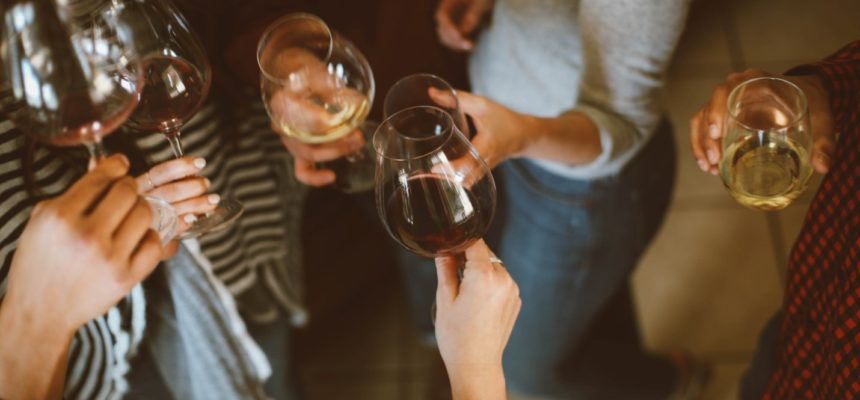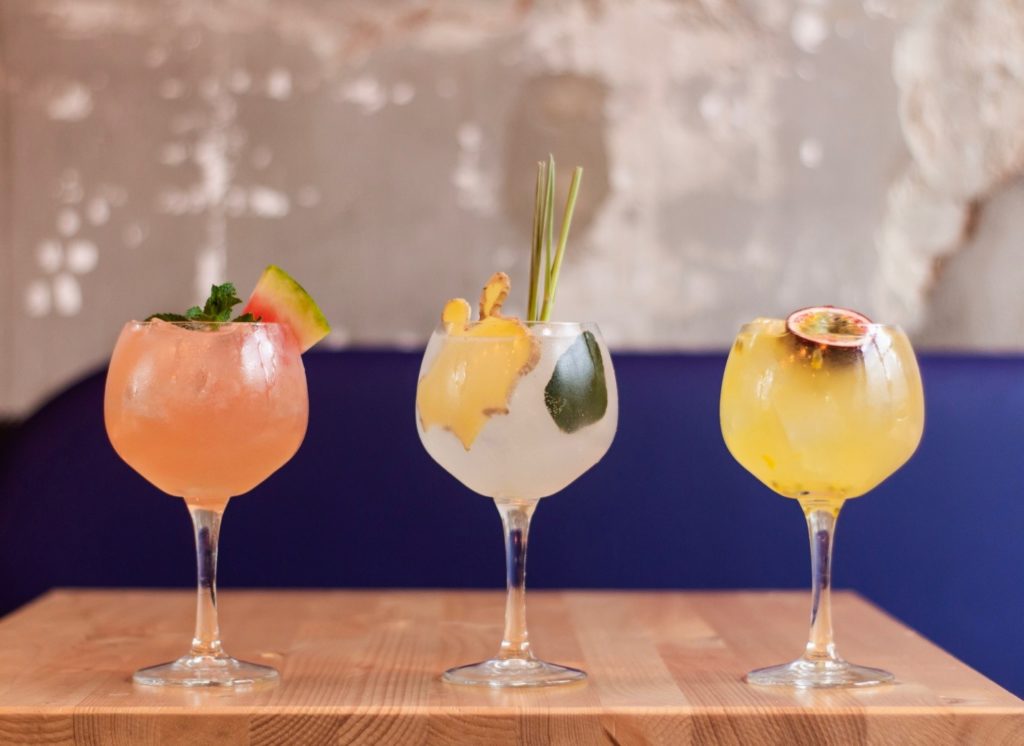
5 EASY WAYS TO REFUSE ALCOHOL IN SOCIAL SETTINGS
Many people describe themselves as “social drinkers,” meaning that they drink alcohol primarily at social events rather than at home. When you’re in recovery from an alcohol addiction, however, drinking is no longer a part of socializing.
To help you navigate social gatherings without compromising your recovery, here are 5 ways to refuse alcohol, regardless of the social alcohol drinking pressures you may encounter:
1. Take the Role of Designated Driver
If you’re going out with a group of people who plan to drink, volunteer to be the designated driver. Even if you’re not really the designated driver, saying you are can prevent further pressure.
The “DD” generally gets a pass at parties, and many event venues offer free sodas and other non-alcoholic beverages to designated drivers. Plus, you’ll know your friends are getting home safely and that you’re protecting other drivers on the road.
2. Tell Them You’re Cutting Back for Health Reasons
It’s not uncommon to hear people say that they are cutting back on their drinking in order to lose weight or improve their health. When you use polite ways to refuse alcohol by saying you’re trying to cut calories or be healthier, it’s not an excuse—you actually get the bonus of supporting your health!
3. Go for a Tasty Mocktail
Being a non-drinker doesn’t have to mean water and soda. Ask for a “mocktail,” which has all the flavor and flair of a cocktail without the alcohol. If you keep a mocktail in your hand at all times, you can easily refuse alcohol by saying you already have a drink.
4. Tell Them You’re Pinching Pennies
Saying you’re trying to cut down on spending is something most people can identify with. If you’re at a special event or concert with a cash bar, simply tell people you’re watching your budget.
If someone offers to buy you a drink or hands you one they’ve already purchased, cutting back for health reasons is a good backup explanation.
5. Just Be Honest and Open—Share That You’re in Recovery
Being totally open about recovery is more common and accepted than you might think. Well-meaning people may brush off other reasons and pressure you to “loosen up,” but they would likely act differently if they knew the truth.
If you explain that you no longer drink because you are recovering from an addiction, others will understand that they shouldn’t offer you alcohol. You’ll also be opening up an important conversation and actively combatting the stigma surrounding addiction.
Staying Strong in High-Pressure Environments

Navigating high-pressure social environments can be a significant challenge, particularly when alcohol is commonly present. To maintain your resolve in these situations, it’s crucial to prepare your responses before attending any social event, considering scenarios where you might be offered alcohol. Bringing a friend who supports your recovery can help deter people from offering you drinks and provide moral support.
Focus on the positive aspects of sobriety, such as the reasons you chose this path and the benefits you’ve experienced, to strengthen your resolve in tough moments. Engage in activities that don’t revolve around alcohol, like dancing, games, or having meaningful conversations.
Always have an exit strategy if the pressure becomes too much, whether it’s a signal to a friend or a set time to leave, knowing you have a way out can ease anxiety.
How to Loosen Up Without Alcohol

Relaxing in social settings without the aid of alcohol can be a refreshing and empowering experience. To loosen up without relying on drinks, engage deeply in conversations to form genuine connections with others. Humor is another powerful tool—sharing a laugh can significantly lighten the mood.
Additionally, participate actively in any available games or dance to the music, which can naturally boost your endorphin levels and improve your mood. Exploring new interests and activities at events can also redirect your focus from drinking to enjoying the moment, alcohol free.
Remember, the more comfortable you become in social settings without alcohol, the more confident you will feel about your social skills and your ability to maintain sobriety.
Create a Sober Life at Yellowstone Recovery

At Yellowstone Recovery, we’re dedicated to helping individuals find freedom from drug and alcohol addiction through a medically monitored detox program and structured, clinically supported therapies.
Whether you’re still deeply affected by your addiction or have been in recovery for years, our residential, outpatient, and intensive outpatient programs can help you get sober and stay sober.
If social pressures become overwhelming, it’s important to seek professional help. To learn how you can get help from one of the most trusted detox centers in Orange County, call us today at (888) 418-4188.








